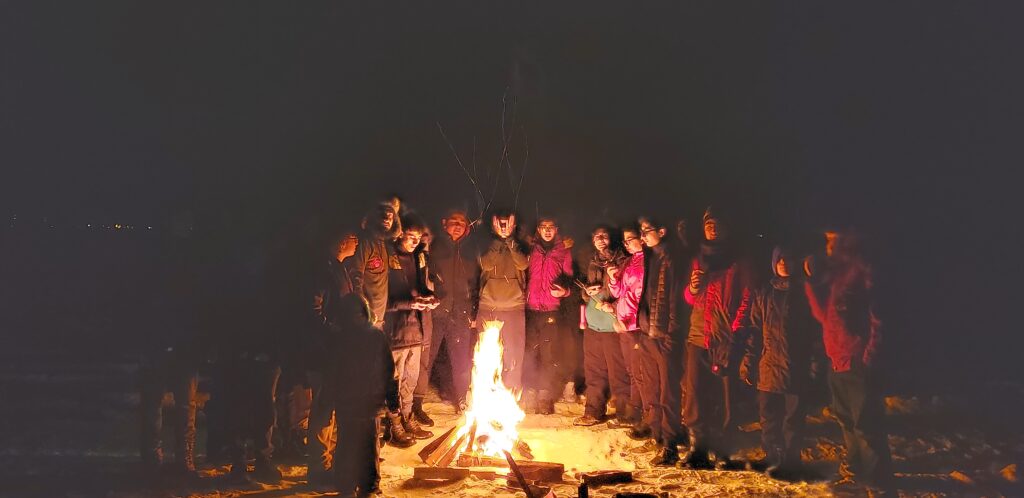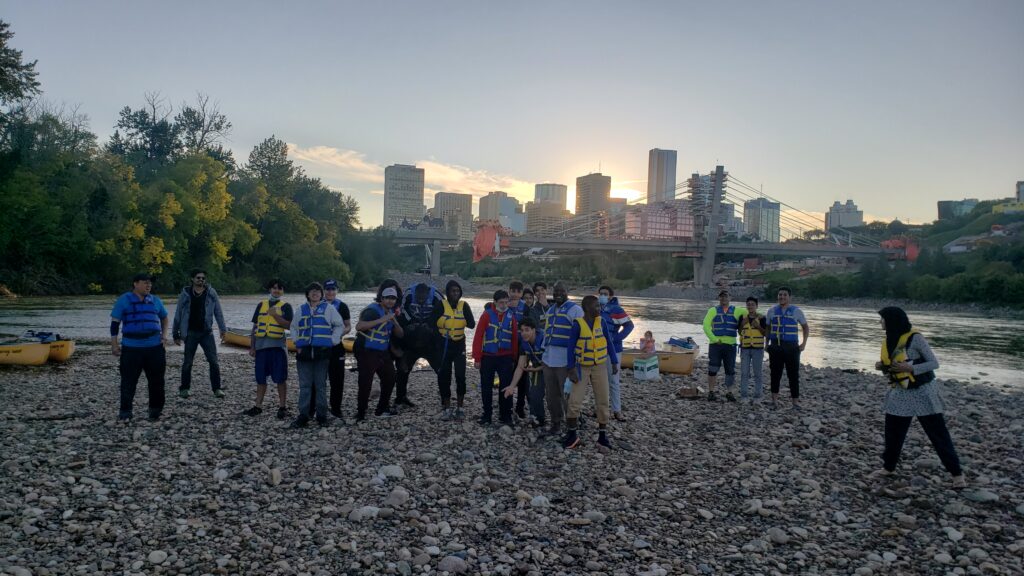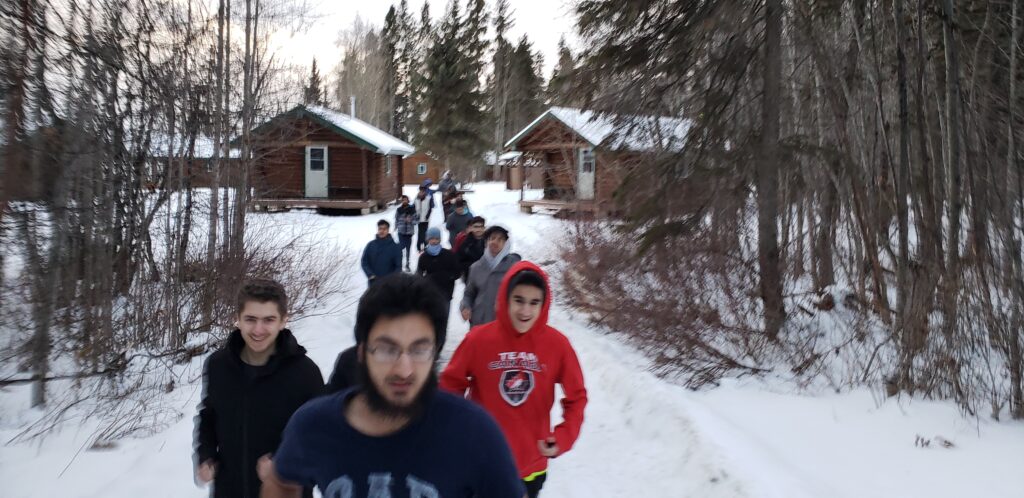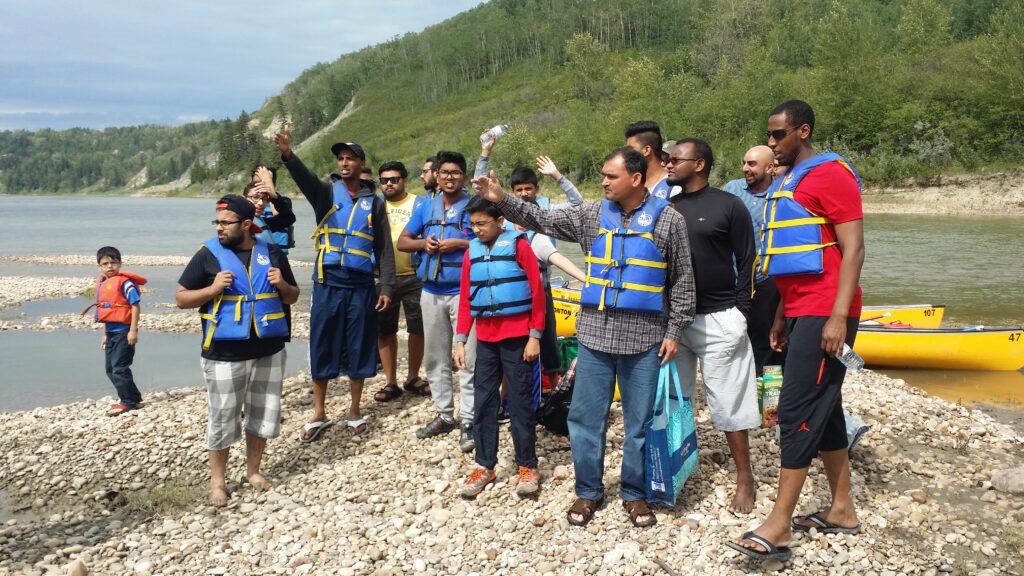
Community Consultation
Integrate a Community Succession Plan
See the courses that are Aiming to provide essential Islamic understanding that primes young Muslims for success in the hereafter (insha Allah) through solving problems based on faith (amal as-saleh), community development, and transformational leadership. offered below.
Courses

Effectiveness
Touching Hearts & Reaching Souls
At what point does communication become effective. The course explores communication that moves hearts, builds coalitions and support systems. The course will cover effective communication, how to get your point across effectively, influence, and art of persuasion. The course further includes on how to write and give sermons and speeches.

Efficiency
Art of Getting Things Done
This course examines the role the leaders plays in ensuring the efficient operations and achieving and accomplishing goals. The course explores individual motivation, accountability, principles, and commitment to drive directions, innovation, organization, and ultimately execution. The course aims to teach problem solving, decision-making, focusing and concentrating to give organizational tasks a structure.

Organizational Behavior
Building Organizations for Righteous Actions
Study the community of the companions of the Prophet to develop a paradigm of current Islamic organizational behavior. Course includes individual motivation, communication style, group dynamics as related to non-profit governance, problem solving and decision-making, organizational culture and change, interdependence of individual, and organizational task and structure. You will also learn different styles of managing volunteers and volunteer-centric human resource development model.

Project Management
Building Organizations for Righteous Actions
This course teaches an overview of project management and the essential tools needed to deliver projects on time and on budget within the resources allotted. The course further includes resource development to explores required resources for projects and organization and means of maximizing their input for the purpose of organizational sustainability. Students will also learn different models of funds development.

How the Quran Raised the Greatest Generation

Community Economic Development
Also called Economics of Well-being.
We follow up on Environmental Ecology course to develop solutions in practical and current operations of the world. Students will learn about development, corporations, worker-owned ventures, co-operatives, and social enterprises. Students will investigate and critique our current paradigm of enhancing the quality of community life.

Venture Analysis
Students will become familiar with, and confident in identifying and assessing business and community economic development opportunities. They will learn how to transform a business idea into a business proposal by designing a business plan that addresses key questions such as: identifying business opportunities and valuing a business proposal with emphasis on the venture capital method.

Public Policy
Engaging Policymankers
This course discusses how the Muslims can engage with the policymakers on challenges the Muslim and other marginalized people face in Canada. We will explore how do political ideas, interests, institutions, and individuals enable or constrain our visions and our initiatives? What incremental or comprehensive statutory, regulatory, or process reforms would facilitate the attainment of our objectives? We will explore political engagement through an Islamic lens to understand theological limits and pitfalls

Strategic Management
Building Organizations and Communities
This course focuses on the key principles behind the latest thinking in value co-creation, strategy and marketing. By learning how to continuously plan, monitor, analyze and assess all that is necessary for an organization to meet its goals and objectives, you will be better prepared to take your organization forward in a viable strategic direction. Students will learn strategic direction, annual planning, competitive landscape, community demands, internal performance metrics, etc.

















